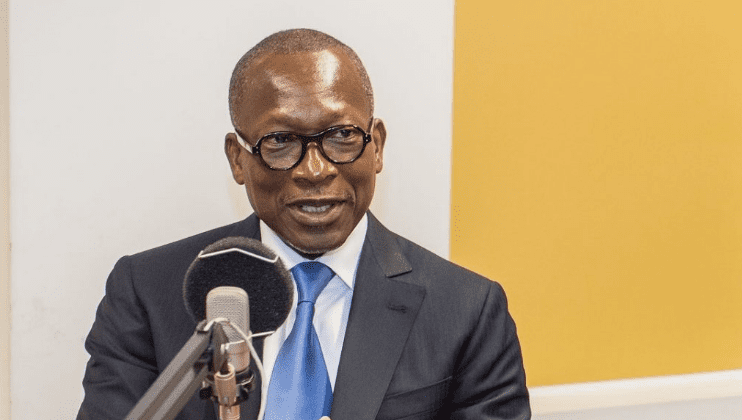The Autonomous National Electoral Commission of Benin (CENA) has requested political parties to explain the modalities of a controversial sponsorship of candidates for the March 2021 presidential election.
The purpose of the meeting was to round up the angles after concerns were raised by opponents and civil society regarding the forthcoming application of this system.
After Senegal in 2019 and Cote d’Ivoire in October, Benin will experiment this process of selecting candidates for the presidential election.
At least 16 sponsorships of elected officials, including mayors and MPs, are required for any candidate, Commissioner Boucary Abou Soulé Adam told the daily La Nation website.
However, with the exception of the parties supporting the incumbent president Patrice Talon, no other political group would be able to gather this number of sponsors.
This situation is due to the amendment of the electoral law of November 2019.
To this end, a dozen civil society organisations and associations and human rights defenders requested, in early September, the abolition of sponsorship.
In addition, candidacies will be presented in pairs and a bar code with the identification information of the elected official concerned will appear on each printed form.
After the duplicate printing of the said document, a holographic stamp will also be affixed to it by the technical team of the electoral commission.
The elected official will then have to verify the data provided before signing the register.
Conversely, the institution undertakes to guarantee the anonymity of sponsors even if this position is not shared by all party representatives.
Some point to a risk of weakening their formations and ask that this scheme be devolved to them.
But President Emmanuel Tiando remained intransigent, inviting the protesters to take their case to the competent courts.
In addition, CENA promised to broaden, in the coming weeks, these exchanges with deputies and mayors.
ODL/cgd/lb/as/APA


